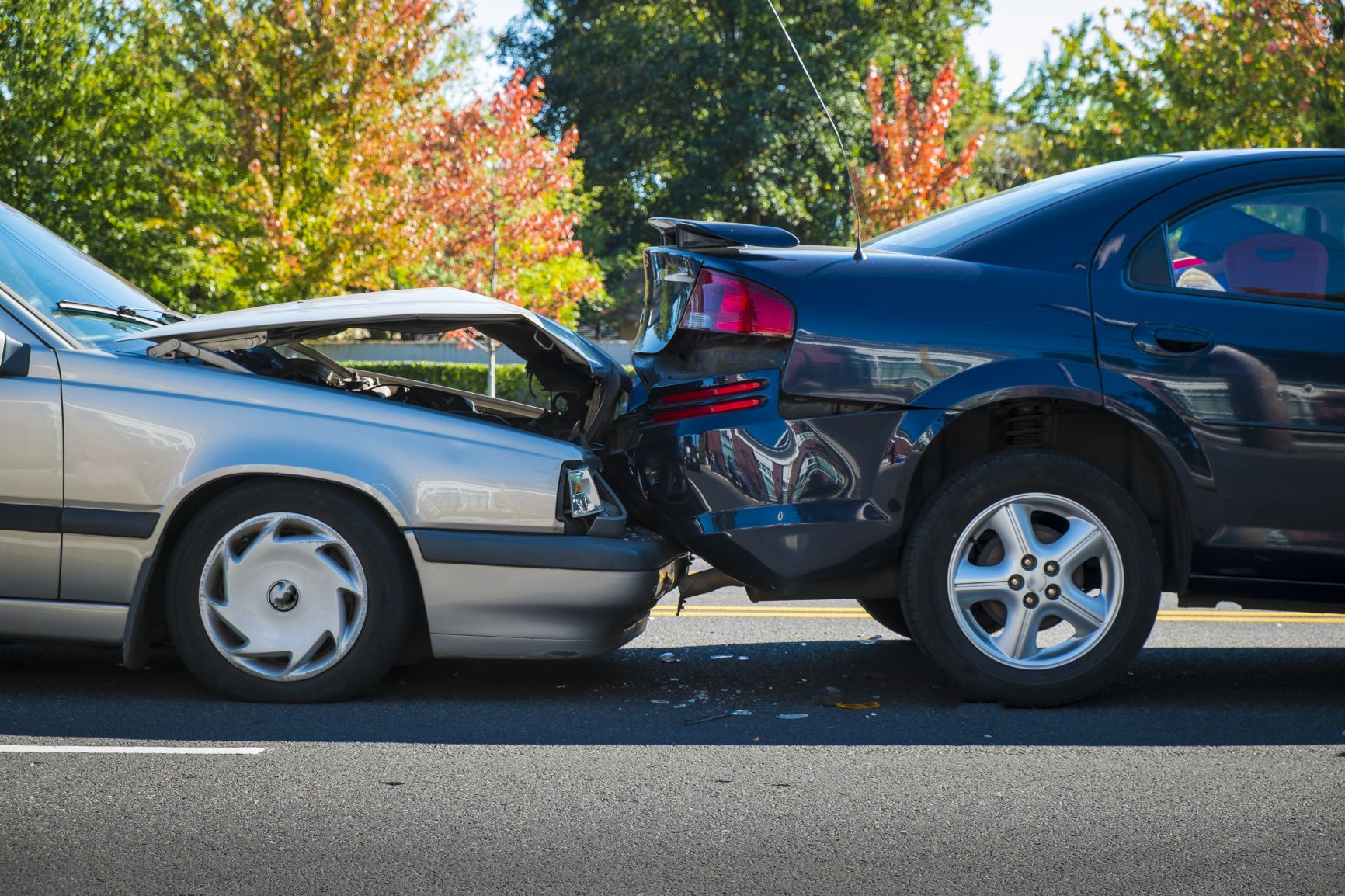Were you involved in a rear-end collision and injured in North Carolina? If so, you are far from alone. There are thousands of rear-end accidents reported in the state each year. Following a crash, it is crucial that you understand your rights, responsibilities, and legal options.
At Paynter Law, we are devoted to protecting injured victims and their families. In this article, our Hillsborough car accident lawyer provides an in-depth guide to rear-end collisions in North Carolina.
Rear-End Collisions are the Leading Type of Multi-Vehicle Crash
Rear-end collisions are not uncommon and happen every day in our region. According to data from the Federal Highway Administration (FHWA), rear-end collisions are the most common type of multi-vehicle crash nationwide. Indeed, nearly one in every three car accidents reported in the United States is a rear-end collision.
Similar to most other types of motor vehicle crashes, the overwhelming majority of rear-end collisions could have been prevented. They happen because one or more parties failed to take proper safety precautions.
FIve Steps to Take After a Rear-End Collision in North Carolina
After a rear-end collision in North Carolina, it is essential that you take the right steps to protect your health, well-being, and ability to bring a legal claim. Here are four important things to do after a rear-end accident in Hillsborough, NC:
- Stop your vehicle, render necessary aid, and exchange information with other parties.
- Report the accident to law enforcement—especially if there are injuries or property damage.
- Seek medical attention for any injuries (an emergency should always come first).
- Proactive document the crash, taking photographs and getting witness names.
- Consult with a North Carolina car accident lawyer before speaking to an insurance adjuster.
Understanding Rear-End Accident Liability in North Carolina
North Carolina is an at-fault or tort-based car accident liability state. The driver or other party that is responsible for an accident will be held liable for the resulting damages. Most rear-end collisions are the fault of the second driver. A rear-end collision may happen because of the negligence of the rear driver. Some examples of second driver negligence that can contribute to these accidents include:
- Speeding
- Following too closely (tailgating)
- Distracted driving
- Intoxicated driving
When the second driver is at fault for a crash, they can be held legally liable for the other driver’s damages. However, it is important to clarify that the second driver is not automatically assigned fault for a rear-end collision in North Carolina. The front driver could have potentially caused or contributed to the crash through negligence.
While less common, it is still possible that the front driver could be blamed. Examples of front driver negligence that can contribute to rear-end collisions include intentionally stopping short and driving with defective brake lights.
Every rear-end collision should be comprehensively investigated by an experienced North Carolina car accident lawyer. It is especially crucial that your crash is carefully investigated if you sustained a serious injury or fault is in dispute. Your lawyer will gather, prepare, and organize the evidence that you need to protect your rights and your best interests.
Recovering Full and Fair Compensation after a Rear-End Crash
One of the first questions that most people have after a rear-end collision: How much can I expect to recover in financial compensation? In North Carolina, the answer depends on many different factors, including your ability to prove liability. You have the right to hold the at-fault party liable for economic and intangible losses.
However, the insurance companies that handle most auto accident claims do not make it easy for people to get a full and fair financial settlement. Our North Carolina car accident lawyers go above and beyond to help clients maximize their compensation. After a rear-end collision, you may be eligible to recover financial compensation for:
- Motor vehicle repairs
- Ambulance costs
- Emergency room fees
- Hospital bills
- Medical expenses
- Lost wages
- Loss of career potential
- Pain and suffering
- Scarring/disfigurement
- Long-term disability
- Wrongful death of a family member
Call Our North Carolina Rear-End Collision Attorney for Immediate Help
At Paynter Law, our North Carolina auto accident lawyers have the knowledge, experience, and expertise to represent injured victims in rear-end collision claims. If you or your loved one was hurt in a rear-end accident, we can help.
Contact a Raleigh car accident attorney at Paynter Law today to set up a free, fully confidential case review. From our law offices in Raleigh and Hillsborough, our firm takes on rear-end crashes throughout the region, including in Orange County, Durham County, Wake County, Chatham, and Granville County.

